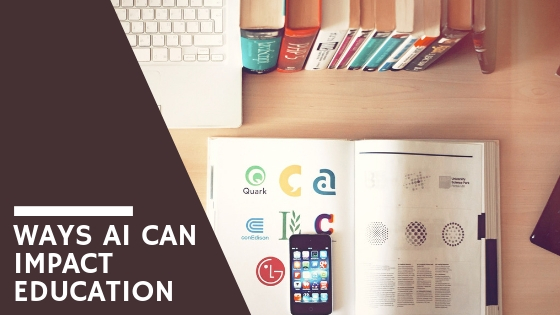Artificial intelligence (AI) has the potential to completely overhaul traditional education. Its impacts are already being felt both inside and outside the classroom. The benefits also go far beyond convenient computer interfaces. They extend to all aspects that make learning possible.
Uniform information
Students, educators, and administrators are all seeing a direct impact from AI. Digitizing information and dynamic learning tools makes changes across the board possible. Issues like outdated textbooks due to a lack of finances are less common. Critical information can be easily disseminated to students using online resources. Information uniformity is also guaranteed on digital platforms. Online access brings classrooms together more often than ever before. These aspects enable a new generation of students to learn together.
Better interactions
AI offers benefits for both individual students and broader student bodies. It enables dynamic interactions inside and outside of classrooms. Students and teachers can use immersive technology within the classroom to help facilitate learning. AI transforms the way students engage with each other and their material; it makes learning much more personalized. Outside of the classroom, AI transforms tutoring and study programs. Fundamental aspects of learning can be delegated to AIs so that teachers can focus on more advanced concepts.
More time for educators
It is more than students that are being impacted. Educators and administrators also gain incredible advantages. They can do more with less. Repetitive tasks like certain aspects of grading and admissions can be automated to reduce their huge workloads. This availability of more time enables teachers to take a closer look at each student. It provides administrators with the opportunity to humanize institutional processes. AI brings the tools necessary to better understand each individual student instead of spending time caught up on administrative tasks.
More collaborative learning
AI changes how education is achieved. Standardized aspects of learning are less required. This translates into a shift of curriculum. Interfaces keep material up to date across the board. Chat bots allow for more direct interaction between administrators and students. Matching educational programs with prospects becomes better targeted. There is also improved curriculum support following the assessment process. Customized curriculum ensures that not only is the right talent selected, but the individual needs of students are met throughout the learning experience.
So many benefits are already being derived from AI. As interfaces become more immersive, so will education. The future of students grows with the technology. It is difficult to predict all the ways that AI will impact education because of how fast the innovation is occurring, but there are endless possibilities that can benefit generations of students and teachers.

